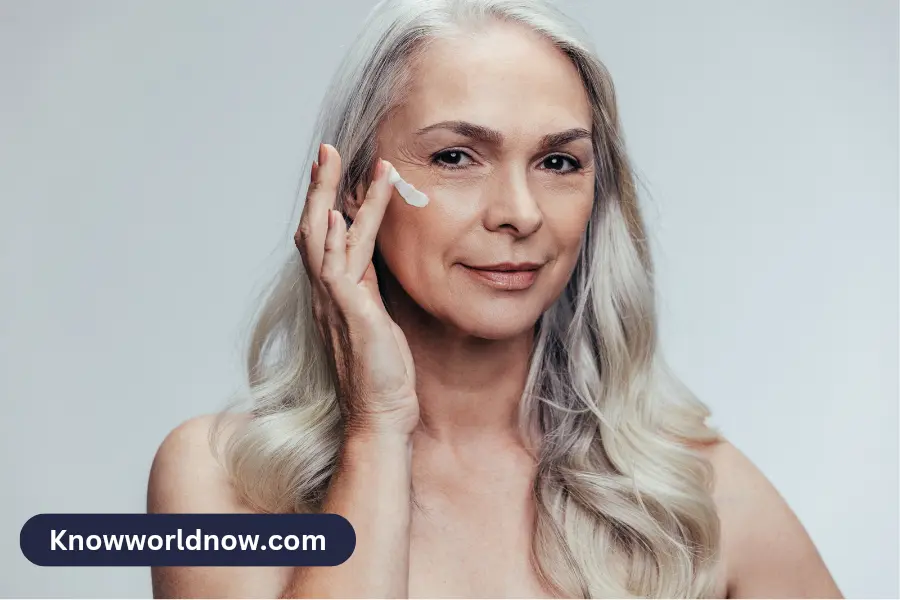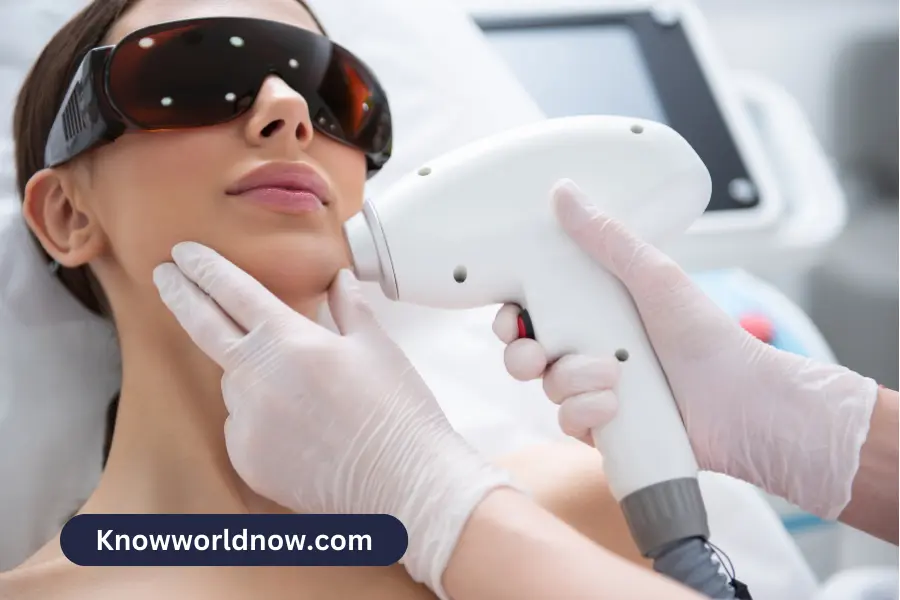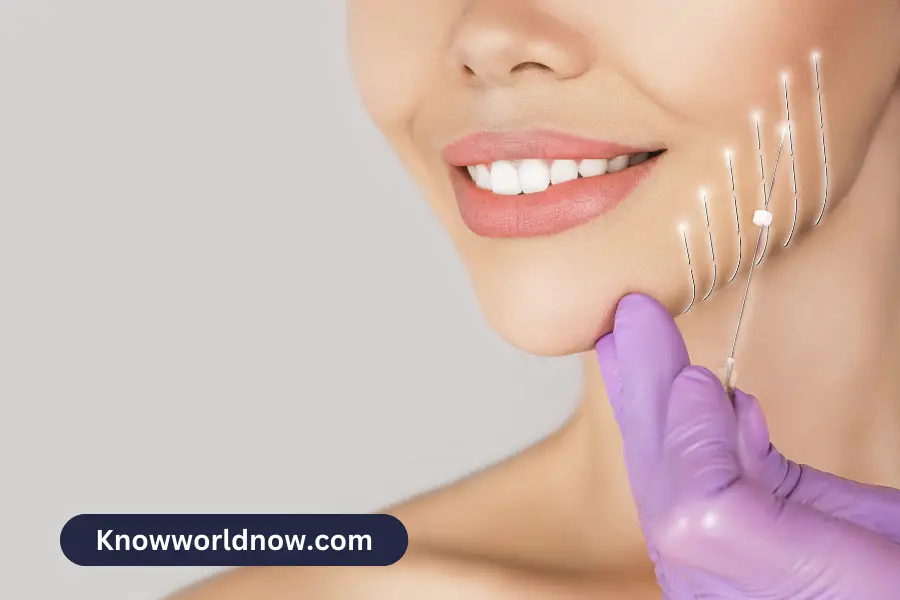Dealing with acne scars can be a significant concern for many, affecting not only skin health but also self-esteem. These scars, often remnants of past acne, pose a challenge for individuals striving for clear and smooth skin.
But, the great news is that it is possible to minimize acne scars for smoother skin. Here, we’ll talk about the various types of acne scars and the types of treatments that are currently available to help with them.
Types of Acne Scars
Acne scars are classified based on their appearance and how they form on the skin. The common types include:
Ice Pick Scars
Ice pick scars are deep, narrow scars that extend into the dermis. Ice pick scars often result from cystic acne or an infection that occurs deep within the skin. They appear as small, yet significant, round or oval holes, resembling the mark left by an ice pick. Due to their depth, they are often the most challenging to treat.
Boxcar Scars
Boxcar scars are characterized by their broad depressions with sharply defined edges. They are often the result of widespread acne that damages collagen, causing the skin to sink and create these box-like indentations. Boxcar scars can be shallow or deep and are typically found on areas where the skin is relatively thick, like the lower cheeks and jaw.
Rolling Scars
Rolling scars give the skin a wave-like, undulating appearance. They are caused by bands of scar tissue that form under the skin, pulling it downwards. These scars typically arise from long-standing inflammatory acne and create a rolling or uneven texture on the skin’s surface.
Each type of acne scar has a distinct appearance and forms due to different underlying causes, from the loss of collagen to deep skin infections. The various types also respond differently to the various therapies available, too, so your best bet for smoother skin is to work with a dermatologist or skin clinic professional on a full treatment plan.
Over-the-Counter Topical Treatments for Acne Scars
For those looking to minimize acne scars, various over-the-counter topical treatments can be effective. These options are usually the first line of defense and can be used for mild to moderate scarring:
- Retinoids: These are powerful compounds that stimulate collagen production, aiding in the healing process and improving skin texture. Retinoids also speed up cell turnover, helping to reduce the appearance of scars over time.
- Vitamin C Serums: Known for their brightening properties, vitamin C serums can help reduce the redness associated with acne scars and promote skin healing, thanks to their antioxidant properties.
- Exfoliating Acids: Products containing alpha-hydroxy acids (AHAs) or beta-hydroxy acids (BHAs) can exfoliate the skin, removing dead skin cells and promoting new cell growth. This helps in reducing the visibility of scars and improving overall skin texture.
While these treatments can be effective, it’s important to use them consistently and according to the product instructions. Overuse or incorrect application can lead to skin irritation.
Professional Treatments for Acne Scarring
For more severe acne scars, professional dermatological treatments can offer more significant improvements. Some of these include:
- Chemical Peels: These involve applying a chemical solution to the skin, which exfoliates the top layers and reveals smoother, less scarred skin underneath. Peels vary in intensity and can be tailored to your specific scar type and skin sensitivity.
- Microneedling: This treatment uses small needles to create micro-injuries in the skin, stimulating collagen production and skin repair. Microneedling treatments can be particularly effective for rolling and boxcar scars.
- Laser Therapy: Laser treatments use focused light to target scar tissue and stimulate new skin growth. Different types of lasers are available, each suited to specific kinds of scars and skin tones.
Professional treatments should always be performed by a qualified dermatologist or skincare professional. They can assess your skin type and scar severity to recommend the most suitable treatment. Additionally, professional treatments often require a series of sessions for optimal results and might involve some downtime for skin healing.
Home Remedies and Natural Solutions
For those seeking natural ways to minimize acne scars, many people swear by specific home remedies, though much of the evidence for helping to minimize scarring is anecdotal at best.
For example, some people use aloe vera for acne scars. It’s gentle enough to be applied directly to the scarred area. Honey can also be applied as a mask or spot treatment.
Additionally, essential oils like tea tree and lavender oil, diluted with a carrier oil, can have antiseptic and healing benefits. These natural solutions, while often slower to show results (if ever), can be a gentle and comforting approach to improving skin appearance.
The Role of Diet and Lifestyle in Healing Acne Scars
Diet and lifestyle choices can also play a significant role in the healing process of acne scars and all skin healing. A diet rich in vitamins and minerals, particularly vitamin C and E, can promote skin healing and reduce the appearance of scars.
Staying hydrated is crucial as well; proper hydration aids in maintaining skin elasticity and health. Adequate sleep and stress management are also important, as they allow the body to heal and rejuvenate. I
ncorporating a balanced diet, staying hydrated, and maintaining a healthy lifestyle can complement other acne scar treatments, leading to more effective healing and clearer skin.
When to Consult a Dermatologist
While many treatments and home remedies are available for acne scars, it’s important to know when to seek professional help. If you’re dealing with severe scarring, or persistent acne, or if over-the-counter and home treatments aren’t showing the desired results, consulting a dermatologist is advisable. A dermatologist can provide a thorough skin assessment, recommend tailored treatments, and offer professional guidance. They can also help identify any underlying issues contributing to your acne and scarring, ensuring you receive comprehensive care. Seeking professional advice can be a crucial step in effectively managing and treating acne scars.





